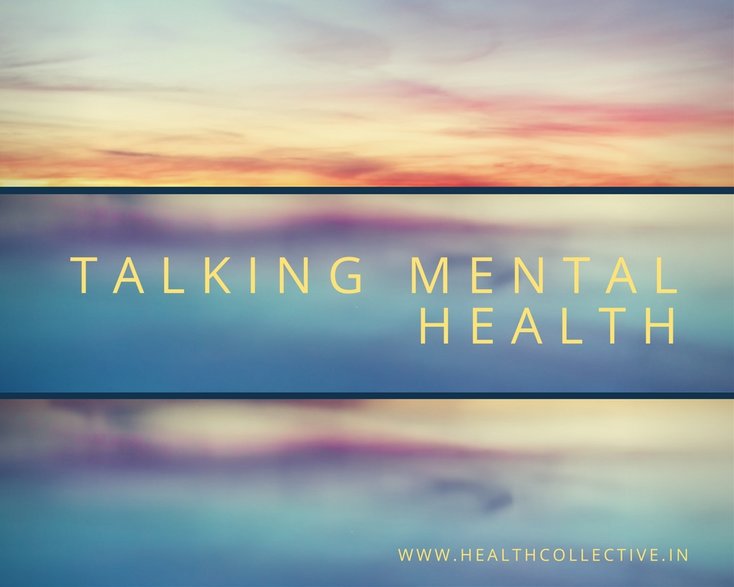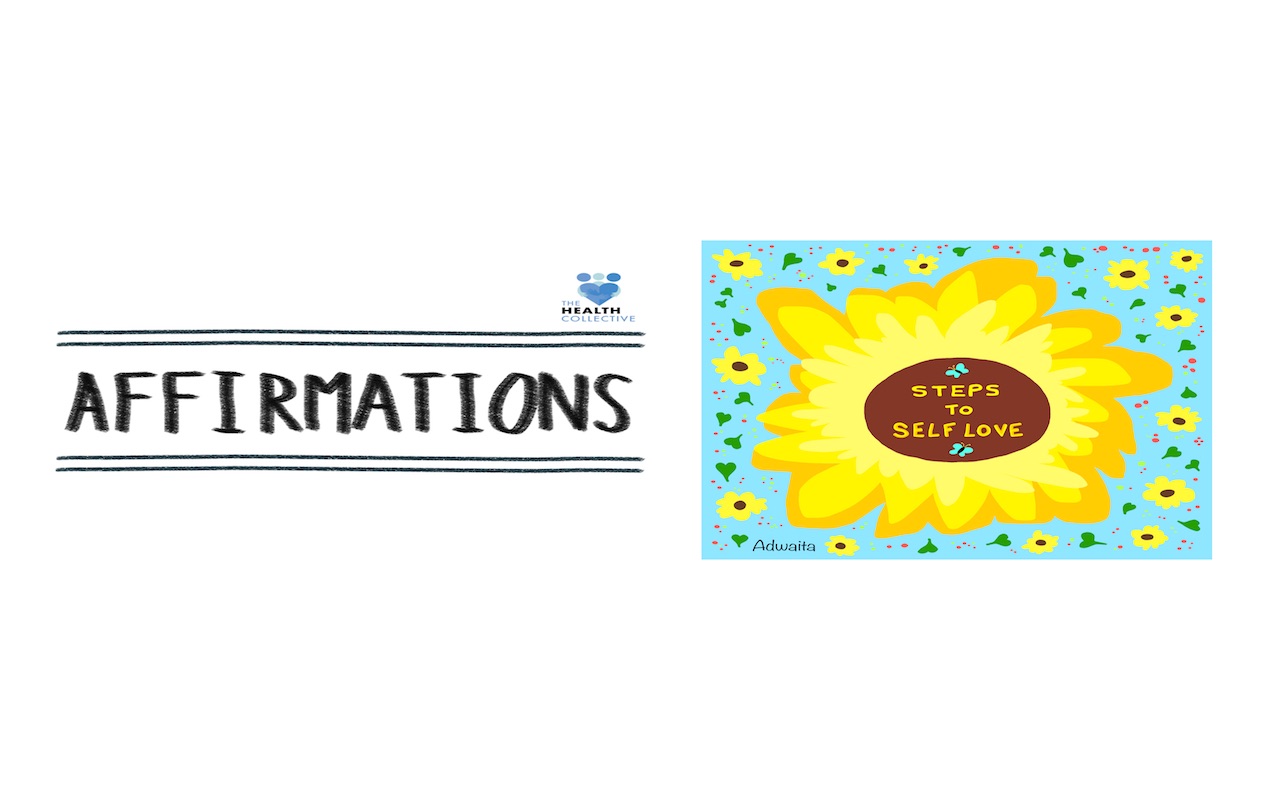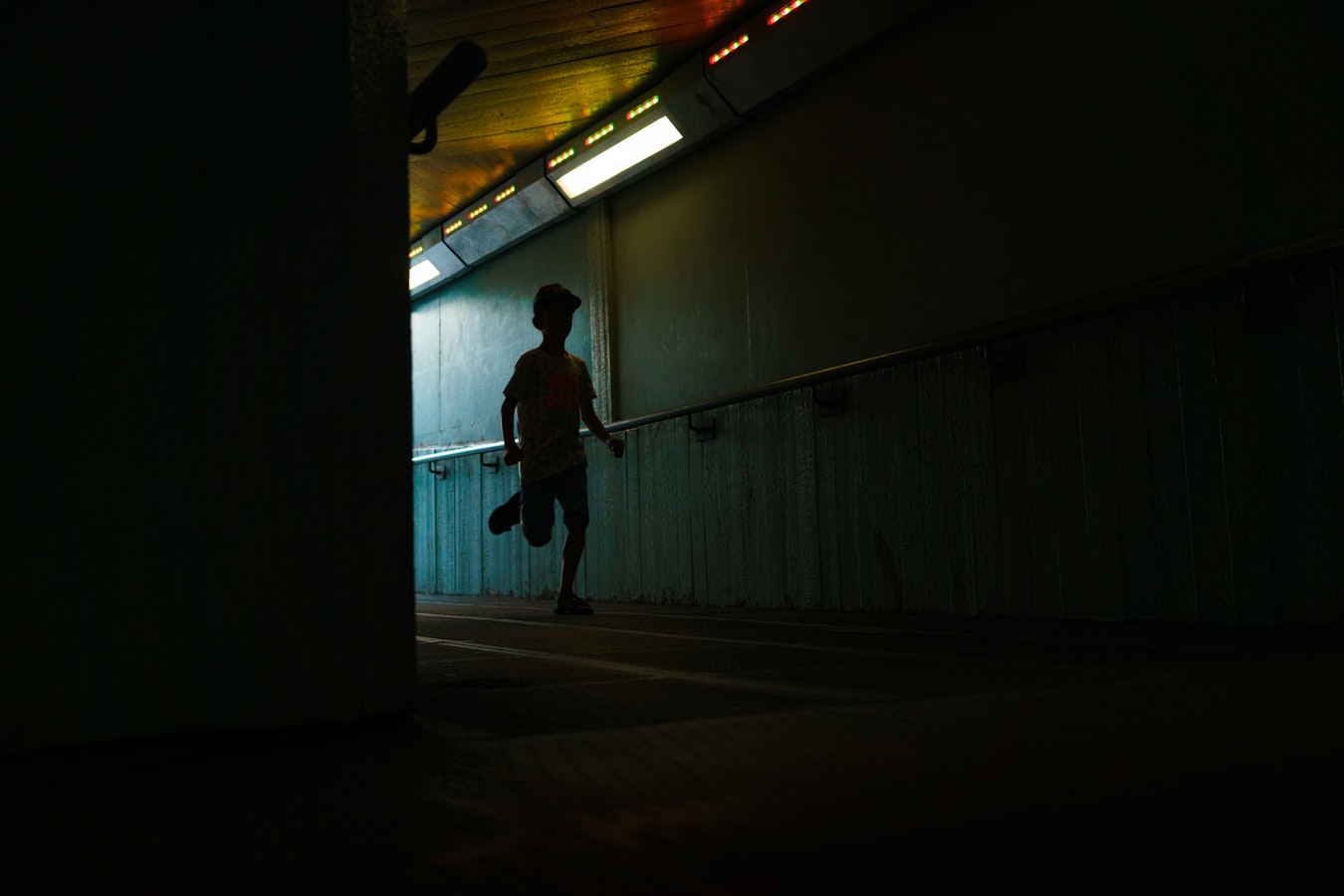Talking About Mental Illness
By Amrita Tripathi
Over the past decade, it seems to have become marginally easier to discuss issues like depression or anxiety disorders or panic attacks in public, compared to discussing psychosis, at any rate.
There is a little awareness, and collectively, we might be pulling in the right direction. Would you agree? Though there are so many caveats to that (depending on how privileged you are, for one…) Nonetheless, across the board, we still have a huge way to go — we still need to take stock of what’s happening in rural or semi-urban areas; with resources and access to help a huge challenge, it’s an uphill climb for many… even in urban pockets, don’t get me wrong.
For some reason, it’s still easier to talk about a physical ailment or illness, to talk about the need for infrastructure, than it is to discuss mental illness, or the need for support on this front.
And yet, we need to make that effort — with so many of us with first-/ second-hand knowledge of what it means to have a mental health issue (if not me, then a relative, if not a relative then a close friend) — there’s a lot to be said for making that demand. (There is that oft-cited WHO estimate on 1 in 4 people suffering some sort of mental health issue in their adulthood; there’s also a WHO estimate from several years ago, that India has some 4500+ trained psychiatrists. We desperately need an uptick in this number, just as we desperately need an updated estimate!)
But… there is some progress.
Not enough for us to be satisfied with, but maybe collectively we are pushing the needle. Of course there’s much more to be done — even in terms of raising awareness. We need to be able to discuss psychosis and be able to talk about what we/ our loved ones need. (Not to be mocked for multiple personality disorder or “hearing voices”, for one).
To be entirely honest, I can’t be. I can’t presume to invade the privacy of my family, or impose on my relatives, who have struggled to come to terms with some of the serious illnesses relatives are suffering.
But yes, I can tell you this whole-heartedly, talking is a struggle. Talking and getting help? Even more so. For all those of us who don’t know where to begin… Or perhaps didn’t have the right tools to understand or have conversations when someone we cared about needed us to? Lay the guilt aside (useless emotion, apparently!) — It’s time to see what we *can do.
The way to start is by… doing. Learn what you can do to help. Listen, empathise, educate yourself on the condition or disorder you or a loved one suffers from. Share what you’ve learned.
And help us have these conversations in the open. To help de-stigmatise, to help clear the air, to help patients and caretakers alike.
It’s not easy. I know. But this, we can do.
And we can share our stories; we can learn from each other, too…
I hugely admire the work done by the UK-based Ravi Thornton, who along with her creative company Ziggy’s Wish launched a mental health and arts project “HOAX” — comprising a musical ‘HOAX My Lonely Heart’ and a graphic novel, ‘HOAX Psychosis Blues’.
The graphic novel is is based on her brother Rob Thornton’s diagnosis of schizophrenia, his struggle and journey, and eventual suicide at the age of 31.
 |
There are poems in the book that are based on his work, including his diaries. It is heart-wrenching and beautiful, and somehow massively cathartic — it seems to unplug something in the reader too, lifting the lid on a difficult conversation…

I *WISH the graphic novel were in print/ available, but for the moment, here are a couple of the images, reproduced with permission from Ravi Thornton. Do check out www.ziggyswish.com (@ziggyswish) and you can read an interview in Scroll.in from earlier this year.

*Images from HOAX: Psychosis Blues reproduced with permission from Ravi Thornton
Thanks to @Unudurti for the initial connect!




